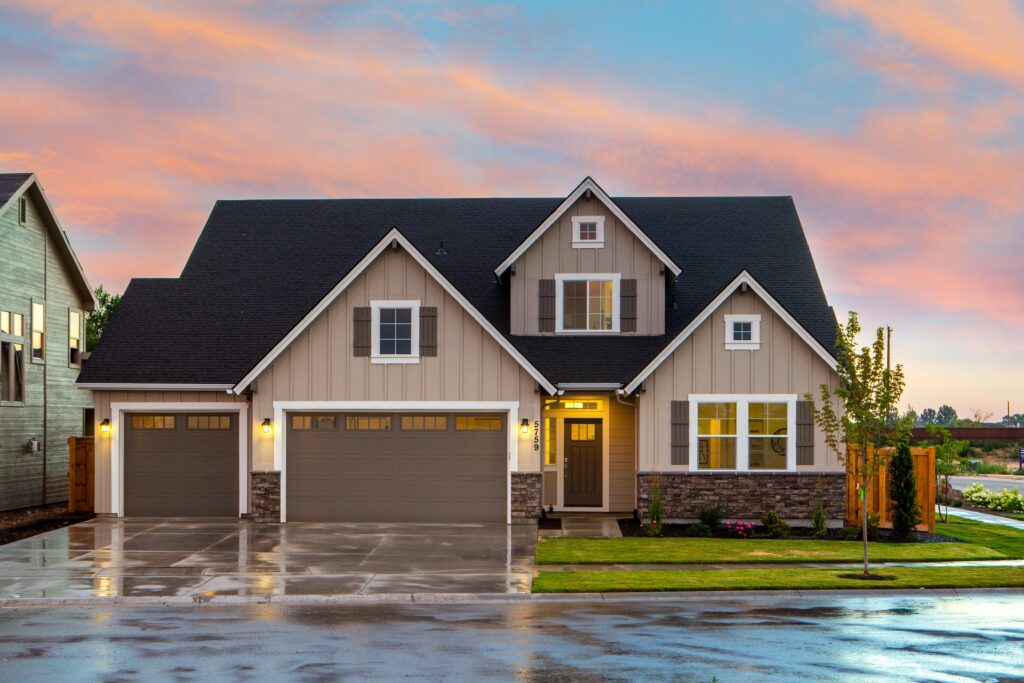
According to estimates from market experts, modern residential buildings have a lifespan of 60 to 75 years depending on material quality and climate. Moreover, the components that make up the house structure deteriorates with time due to environmental elements, human factors, and the quality of materials. Thankfully, homeowners can improve the lifespan of their properties with regular upkeep. This is because effective renovation is a proven way to keep a building in top shape. Here are some ways you can leverage for the best results.
- Take care of your floors and walls
Consider choosing marble or granite for your floor, as they have a longer lifespan of up to a hundred years. While at it, you should also ensure you use the appropriate rod bindings to renovate your home, helping the walls last longer. Spruce up your walls and floors, and carry out regular grout repairs to keep your property in great shape.
- Adopt good interior design
Adopting good interior design will greatly extend your home’s longevity. How you arrange your furniture, for instance, can go a long way. For instance, your wall’s longevity may be shortened due to rising dampness from the earth, bad tile installation, and shoddy plumbing fixtures. It would be best if you always considered damp assessment before starting home renovation involving interior decoration.
- Invest in roof restoration
The roof is an essential component of any home. It protects the building from harsh weather and keeps your belongings safe. Many roofs start to fail after a few decades due to severe weather. But you don’t have to wait until it’s too late to protect your roof from damage. Hiring roof restoration experts may be necessary to fix leaks, protect shingles, and enhance the appearance and value of your home. Doing this will add plenty of ears to your property’s lifespan, so feel free to consider this.
- Use high-quality products
There is no doubt quality products can benefit your home’s lifespan. Moreover, observing certain precautions can protect you from being ripped off. Always conduct market research to find the best material for your home. You may want to use a house age calculator to estimate the lifespan of every building material, so keep this in mind. Alternatively, experienced contractors can recommend the latest and most durable construction materials for your home.
- Avoid planting trees close to your home
Trees like banyan have highly invasive roots; they can crack cement, penetrate plumbing, and grow into tiles. Tree roots can also damage the foundation of your property. Therefore, you will want to avoid planting high-risk trees close to your home. While they add a touch of sustainability to your home, planting them the wrong way can cause safety problems in the long run.
- Use enamel to coat metals
If you take a stern look at your home, you may spot steel fittings such as door hinges and handles. These metallic areas may be vulnerable to rust. Although steel fittings may be coated with paint, adding more protection over time will boost longevity. Enamelling helps create a waterproof shield, preventing it from corroding and becoming weak.
- Inspect your home annually
You risk overlooking several potential issues if you don’t get experts to carry out routine inspections. Small problems can expand to bigger ones when ignored. On the other hand, annual inspections will save you from bigger troubles in the future.
- Maintain electrical systems
Electrical short circuits can create fire risks to your home. Short circuits occur when electricity deviates from its normal path and causes a discharge. These electrical hazards can damage appliances and potentially harm the structure of your home. Using high-quality gadgets and regularly maintaining your electrical systems is a good idea. Consider using Ground Fault Circuit Interrupters to prevent electrical shocks and decrease fire risks. Taking these proactive steps can prolong your home’s longevity and keep your family safe.
- Reduce moisture levels
Humidity is one form of water damage that may go unnoticed. It can cause metals to rust faster and wood to rot over time. Easily avoid this problem by following precautions such as using a hygrometer to measure humidity levels in your home. Another way to overcome moisture build-up is to improve ventilation and use desiccants. Keeping your property’s moisture condition in check and taking care of it will allow your home to last longer. Hire a house inspection team when necessary to conduct a damp evaluation.
Keeping your home in good shape is crucial to its longevity. Hopefully, you’ll consider these tips for the best results.
Leave a Reply